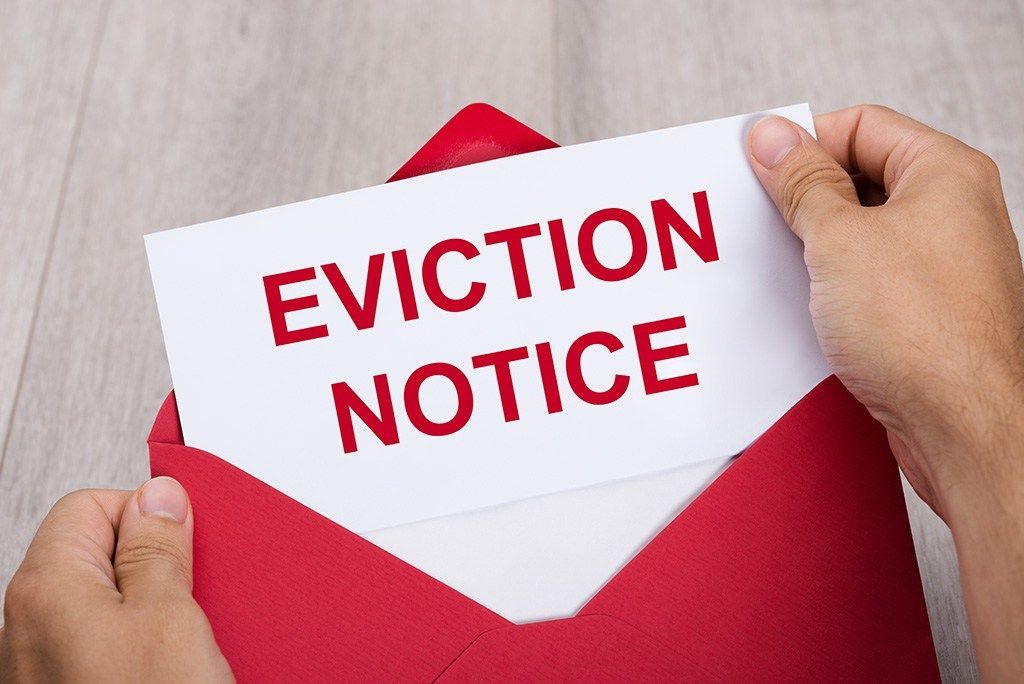Are We About To See Unintended Consequences Resulting From Well-Intentioned Eviction Moratoriums?
The federal moratorium on rental eviction expired July 25, and the recent executive order doesn't protect people against current evictions, or the landlords that don't receive back rents. Basically, the executive order only askes the Secretary of Health and Human Services and the Director of CDC to look into whether it should be continued to prevent the spread of COVID-19.
While the moratorium halted rental evictions for families, the moratorium did not affect the right of a landlord to collect back rent after the moratorium. But, let us be realistic. Can the landlord really expect to receive back rent from those already struggling to stay afloat. It's not always easy for those struggling with one month's payment to be somehow in a better position the second month, or following months.
Though, tenants are still legally obligation to pay back rent to their landlord, not every landlord will be lucking enough to collect it. Some landlords, if not paid, will be thankful should the tenants move after the moratorium, when payments are not forthcoming. Otherwise, an inevitable eviction process has been delayed, meaning they'll suffer additional losses, essentially funding the eviction moratorium in the amount of the unpaid/non-recoupable rent, plus eviction costs, all the result of the moratorium.
True, the expired moratorium didn't cover everyone. It only covered tenants in federally-backed housing, and therefore did not affect many landlords. Or did it? With all of the exposure that the eviction moratorium received, along with mortgage forbearance, many tenants no doubt thought they were entitled to the non-payment of rent option, even when it didn't apply to them.
Rents, when paid, allow for timely payment of a landlord's mortgage, their property taxes and other related expenses of providing their property for tenant use. When payments don't occur--well, you know. It would seem to me that the CARES act should have included some way to cover landlord losses that occurred as a result of the act.
The federal, and many state, eviction moratoriums, while not preventing landlords from collecting back rent from those availing themselves of an eviction moratorium, did not provide a means for landlords to remain whole when rents ceased because of these acts. The unintended consequence is that many landlords/property-owners will find themselves incurring losses as a result of these well-meaning acts.
When you subscribe to the blog, we will send you an e-mail when there are new updates on the site so you wouldn't miss them.


